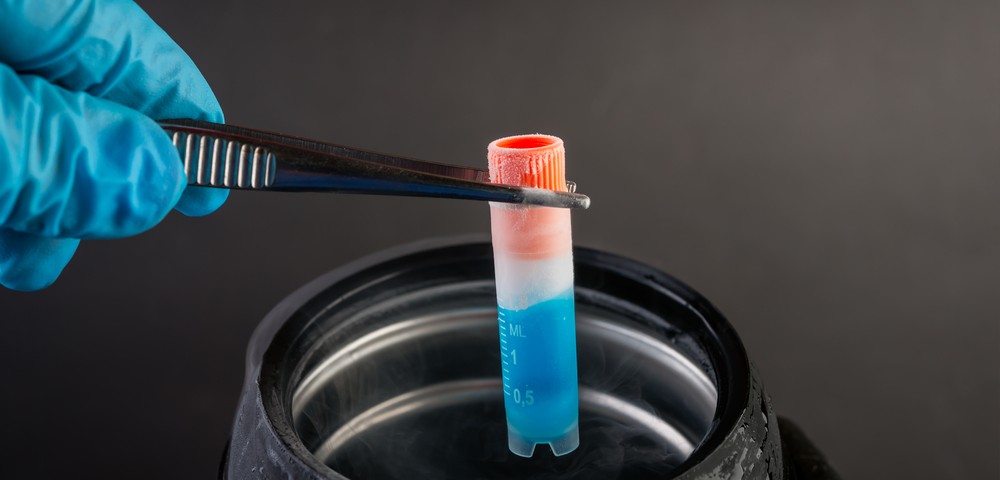A new bioresource, MesobanK UK, comprising hundreds of pleural mesothelioma tissue samples and linked to detailed but anonymous clinical data, has been established to advance research worldwide into the mechanisms underlying malignant pleural mesothelioma biology. The study detailing the resource, “MesobanK UK: an international mesothelioma bioresource,” was published in the journal Thorax.
Malignant pleural mesothelioma is a rare, aggressive tumor generated in the thin protective tissues that cover the lungs and abdomen, and is strongly associated with exposure to high levels of asbestos or other organic fibers. This type of tumor is particularly of concern to the United Kingdom, which has the highest per capita incidence of asbestos-related disease in the world (in 2012, malignant pleural mesothelioma caused 2,535 deaths in England, Wales and Scotland). A collection of available and quality-assured annotated tissue is essential for a better understanding of tumor biology and, consequently, appropriate treatment.
MesobanK UK was initiated in 2012 with funding from the British Lung Foundation (BLF) and the Mick Knighton Mesothelioma Research Fund to provide for the systematic collection, curation, and quality assurance of well-annotated mesothelioma tissue. This will be available to researchers and aid the translation of basic science findings in mesothelioma to clinical research.
Specifically, the objectives of MesobanK UK are to: (1) establish a bioresource of malignant pleural mesothelioma tissue and blood linked to a detailed clinical database; (2) develop novel annotated mesothelioma cell lines; (3) offer a web-based information technology infrastructure for annotating and searching the bioresource; and (4) develop a robust infrastructure to enable long-term sustainability at reasonable cost, and to facilitate research into novel therapies and diagnostic tools.
When completed, the collection will include a 750-patient tissue microarray, and prospectively collected tissue, blood, and pleural fluid from 300 patients with mesothelioma. It will also offer 26 new cell lines for in vitro studies.
Access to MesobanK collection (samples and data) is made directly through MesobanK. The request is reviewed by the project team, which can consult a Research Advisory Board that includes scientific, clinical and lay members for advise on the ethical and scientific integrity of projects.


